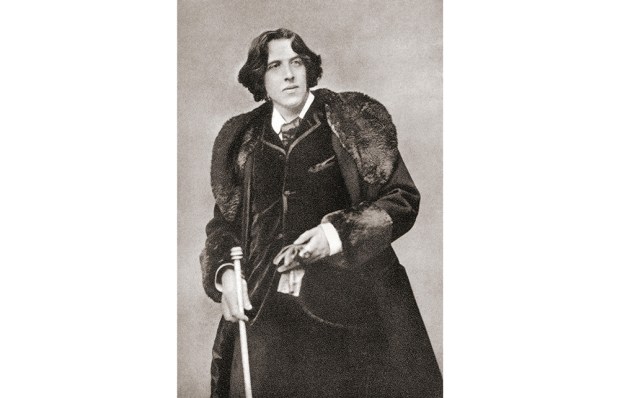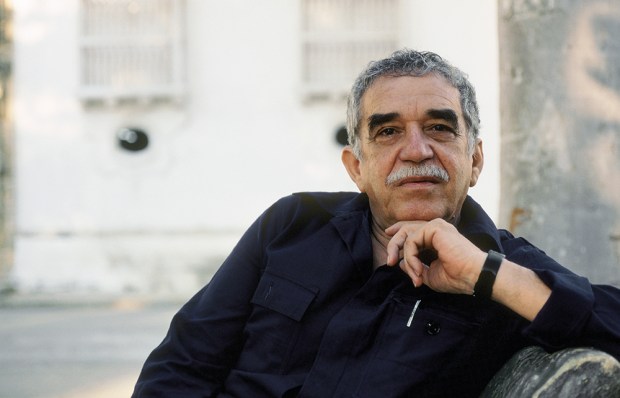Liberal values are under attack on two flanks. Those of us who think extensive freedom of expression, universal human rights and respect for science and evidence-based policies are vital for a healthy society are getting worried. We foresaw the rise of a dogmatic right-wing populism that is as sceptical about truth as Pontius Pilate, but were caught napping by a new illiberalism that emerged from the left, one that has found fertile ground in universities and beyond.
The new illiberals are eager to police others’ language and thought. They attack Terfs, and tell us which words we can and can’t use. If you enter a debate about any of a range of sacred concepts, this is likely to be labelled an act of violence. Not metaphorical violence, but actual violence. To point out a difference between a baton to the head and the sincere questioning of a contested belief in the pursuit of a better understanding of the point at issue, is deemed to be further violence. Gender, race, sexual orientation and even obesity are, in some quarters, declared beyond discussion. If you do not subscribe to approved views, and fail to adopt question-begging terminology, you will simply get shut down, no platformed, cancelled. This approach has dubbed itself ‘activism’ or sometimes ‘social justice’ and its adherents are described as ‘woke’.
That this tendency should have emerged from universities is odd. Universities have traditionally provided arenas for the collision of truth with error, places where ideas and claims are tested to destruction and judged by whether they can withstand criticism, argument and counterevidence. They are where debates take place, not where viewpoints get shut down. Oxford University, for example, in its policies describes free speech as ‘the lifeblood of the university’. As the University of Chicago’s former president Hanna Holborn Gray put it: ‘Education should not be intended to make people comfortable, it is meant to make them think.’ Why is this changing?
In Cynical Theories, Helen Pluckrose and James Lindsay diagnose this condition, and discuss how these attitudes have extended beyond universities, causing considerable damage. It turns out that postmodernism is to blame. It isn’t obvious how a scepticism as extreme as Jacques Derrida’s (one that he struggled even to communicate intelligibly without disappearing up his own aporia), led to this, but the authors explain how the virus of postmodernism evolved into something more sinister than a group of politically aloof intellectuals playing with the idea that there is nothing beyond text. The early chapters on postmodernism are the best in the book. They include excellent short summaries of the positions of some of the most abstruse thinkers of French philosophy from the late 1960s onwards, as well as of those of their intellectual descendants such as Judith Butler.
For Pluckrose and Lindsay, the explanation of what happened next stems from two core principles adopted by the new woke illiberals. They label these the postmodern knowledge principle and the postmodern political principle. The first is a radical scepticism about the possibility of knowledge or truth. The second is the belief, following Michel Foucault, that society is formed of systems of power and hierarchies. Along with the two principles, the four major themes of the blurring of boundaries — the power of language, cultural relativism (and anti-universalism) and the loss of the individual and of the universal — have, they claim, combined to produce a monster: Theory (with a capital T).
The key factor that allowed this mutation to happen and made Theory dangerous was the notion of intervention by local disruption. Theory became overtly political, even though that initially seemed incompatible with its radical scepticism. Deconstruction morphed into what the authors call applied postmodernism. At this point the ideas escaped from the academy and began to infect public life by targeting liberal values, science and other conventional ways of producing and testing knowledge claims. They began replacing them with decidedly flaky alternatives.
This is the genealogy that Pluckrose and Lindsay map in the early chapters. The book then becomes a gloves-off polemic against specific manifestations of Theory in areas such as postcolonialism, queer theory, critical race theory, gender, and disability studies. Here they are far less charitable to their targets, and they take cheap shots in passing, a strategy likely to prevent anyone who has caught Theory from being cured by reading this.
The first part of the book, though, provides a plausible and interesting story about the origins of the phenomena they describe. Like Roger Scruton in his book Fools, Frauds, and Firebrands, they have done their homework, and can’t fairly be accused of a superficial understanding of the thinkers they engage with, though they probably underestimate the seriousness and depth of Foucault’s analysis of power. True to their liberal beliefs, they have no desire to shut down debate in this area and want to combat bad ideas with informed discussion. They hope, perhaps naively, that calling out the ideological nature of Theory when confronted with woke interventions will stem its spread. Let’s see how that goes.
Got something to add? Join the discussion and comment below.
Get 10 issues for just $10
Subscribe to The Spectator Australia today for the next 10 magazine issues, plus full online access, for just $10.
You might disagree with half of it, but you’ll enjoy reading all of it. Try your first month for free, then just $2 a week for the remainder of your first year.














Comments
Don't miss out
Join the conversation with other Spectator Australia readers. Subscribe to leave a comment.
SUBSCRIBEAlready a subscriber? Log in